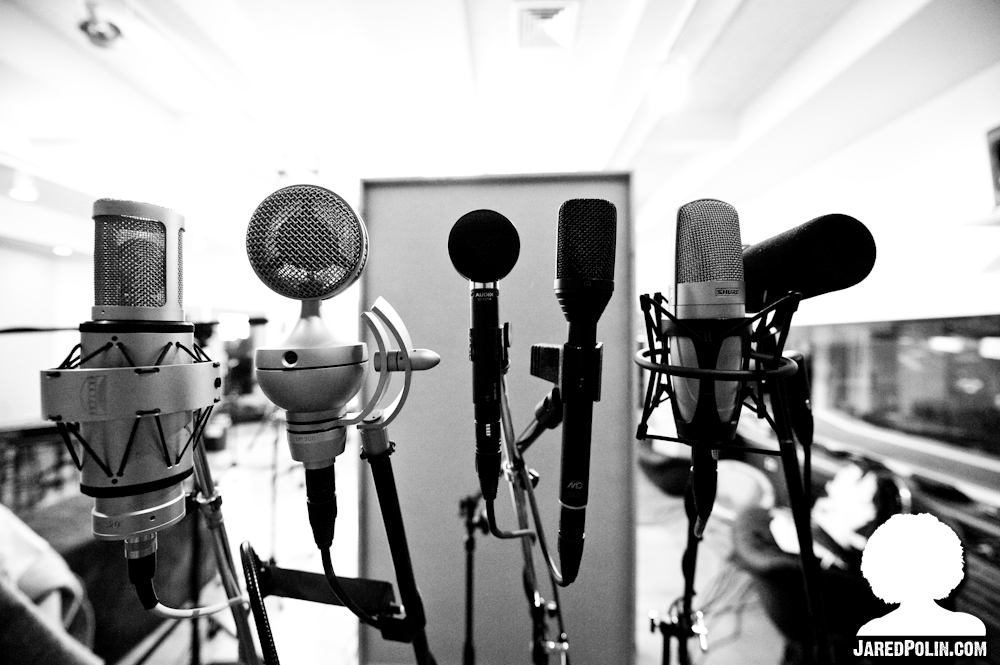Audio is still underrated. I started experimenting with audio devices and speech recognition approximately 10 years ago. It’s always been a quite disappointing experience for me, because these devices are rarely used due to low battery life, and speech recognition failed to deliver a great experience.
I am an audio enthusiast, and I listen to a lot of audio books from Audible, podcasts from Stitcher and lately some very interesting texts that I’ve bookmarked on SoundGecko, a great service helping you to regularly read online articles through audio devices.
I recently started using the new Motorola Hint device that is a step forward towards not becoming an intrusive device, yet still bringing audio into the every-day lives of people. While I can confirm the criticisms about audio quality and poor battery life, I really think it’s a very important step forward towards a better mobile Internet experience.
While I bought the device mainly to listen to my audio books and other recordings during my commute, I realized that I’m starting to use Siri much more and to push myself further into using audio to achieve ubiquitous computing with my mobile device.
It’s still a geeky thing to use a headset to do computing and it is still weird for some people if you are talking to your phone, but it is far less problematic than wearing a device like Google Glass in public. It just seems more natural, and we are more used to doing things while listening to other things.
It’s also quite convenient to use your audio device to get navigation comments while walking through the city without holding up your mobile phone all the time. I still believe that audio is largely underrated in terms of innovation potential, and an innovative service like SoundGecko only shows that innovative entrepreneurs and audio enthusiasts can further this potential.
Time will tell whether I’m right, but at this point, I believe that there’s a great opportunity within audio and that we will see far more compelling audio devices in use within the next two years.
The underlying problem – battery life
As in all mobile devices, improving battery life will be absolutely crucial to realize this vision of audio being more present, but I’m confident that it will be possible to realize a great audio device with a decent battery life within the next two iterations of typical devices.
It will start with much more consumption of audio content. Several new Podcast Networks have been launched on this assumption. I just fell in love with Gimlet Media, Alex Blumberg and his team do awesome storytelling on relevant, interesting topics. It will then move on to other areas, like creating stuff and briefing people on what’s happening and what should be done.
Randy Pausch has given a good lesson on how your productivity can be improved by using audio. The famous late professor, who inspired the world with his last lecture, used audio to write a book in his dwindling precious time. He dictated everything to his editor, and the editor realized these dictations deserved to be compiled into what become a great book called, “The Last Lecture,” with valuable advice on how to live your life. Of course there is an audio version of the book available.
Audio allowed Pausch to “write” this book without sacrificing too much of the precious time he clung to with his family in his last few months. I highly recommend the book, because you can learn much more from that than just being productive – it’s very encouraging to see a man use this kind of technology to enlarge his time and his impact into the world.
Bring out the audio devices and the behavior to use audio much more and I’m convinced it will be key to having a more exciting and also more productive society.
photo credit: jaredpolin cc

